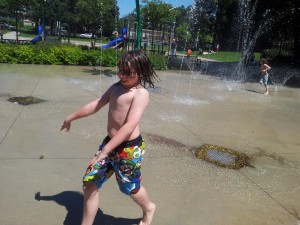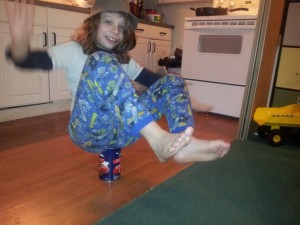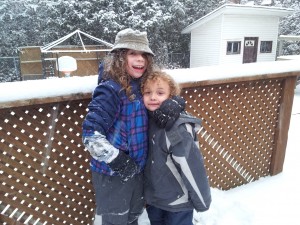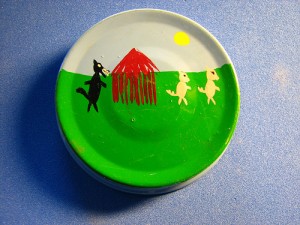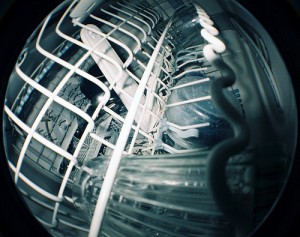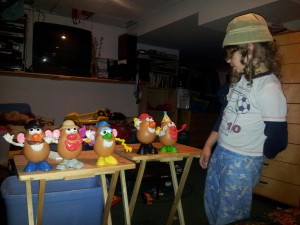Since entering the ranks of the unemployed two weeks ago, my daily routine has changed dramatically. The idea of abandoning routine altogether is tempting but dangerous. I am forcing myself to wake up at the same time, get dressed in respectable clothes, and do productive stuff. I am keeping more or less the same working hours that I did before, only without the long commute. Being unemployed is surprisingly hard work.
That being said, I am enjoying some flexibility that I didn’t have before. I can go running without getting up at an ungodly hour of the morning. I can wear sweats every day. They’re nice sweats that I’m perfectly comfortable being seen in public in, but they’re clothes that wouldn’t be allowed at my previous place of work. I can turn on the TV when I want to take a break.
Above all, I am making the most of getting time to myself, without coworkers, kids and the husband. Don’t get me wrong, I liked my coworkers, and I love my kids and my husband. But I kind of like myself too, and I’m finally getting to spend more time with myself.
That will be changing very soon, of course. The kids only have two and a half weeks before school lets out for the summer, and at that point, my period of blissful solitude is going to come to an end. I will still keep my working hours as best I can, but I anticipate frequent breaks – both voluntary and involuntary.
The kids generally never have a problem with the transition from school to summer. I try to keep the semblance of a routine in place for them. They get up at more or less the same time each day, they are expected to get dressed instead of lounging around in their PJ’s, and things like mealtimes, snacks and bedtimes remain unchanged. We do plan some activities for them over the summer, but for the most part, their time is their own.
The bigger challenge comes when it’s time to go back to school in the fall. At least, it’s a challenge for George. James takes to the new school year just fine. He is excited about seeing friends who have been away for the summer, and he likes the thrill of being in a new grade.
For George, though, it is very difficult. He doesn’t mind school too much, and going from this school year to the next, he will be in the same room with the same teacher and for the most part, the same kids. But the summer break is long, and by the time it’s over, George has to be reacquainted with the whole school routine. It’s hard for a child with autism who likes to have things just so.
One of our most important summer activities is therefore the back-to-school social story: a personalized book that tells the story of George getting onto a bus and going to school. We read the book with George over and over during the last weeks of the summer break, with the hope that the new school routine won’t come as a complete surprise to him.
And what does the summer mean to me, now that I will have to spend time focusing on the next steps in my professional life? It means additional chaos, for sure. It means that I will have to repeatedly stop what I’m doing to wipe up a spill, mediate a dispute or set up a game in the back yard.
It means that I will be here, with my children. It will be the best summer ever, and I cannot wait.





